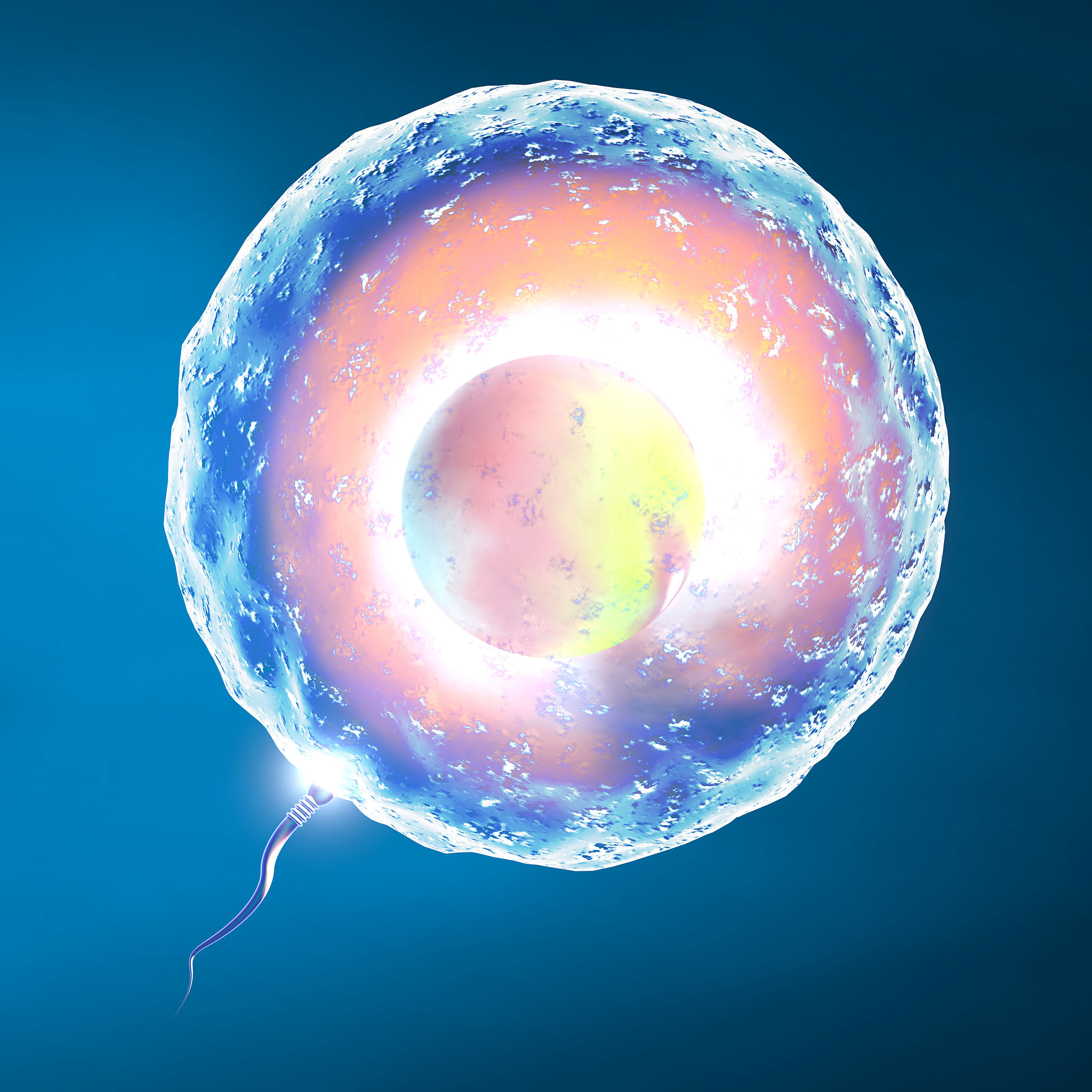A good fertility focussed multi should provide sufficient minerals and vitamins that will support a healthy diet for egg quality. Beyond that, there are some other supplements you might consider in addition.
CoQ10
Coenzyme Q10 is an antioxidant which may protect eggs during maturation against oxidative stress. It also plays an important role in the production of energy within mitochondria, the energy factories of our cells. A maturing egg requires significant energy and it is proposed that reduced energy production may lead to arrested development, low production of eggs in response to IVF stimulation and poor quality eggs and embryos.
Supplementation with 600mg of CoQ10 has been shown in a number of studies to reduce the amount of drug stimulation required to produce a good response in IVF. It also results in higher numbers of eggs retrieved, eggs fertilised and improved quality of embryos. This leads on to higher pregnancy rates.
While studies show improvement in younger women also, CoQ10 is often recommended for women of advancing age when egg quality becomes a real concern. It may be that a lower dose of ubiquinol, which is the active form, is just as useful as the full 600mg dose of ubiquinone, which needs to be converted in the body.
Myo-inositol
Myo-inositol is a type of b-vitamin, probably better known for its role in PCOS. Myo-inositol is often depleted in polycystic ovaries and supplementation can reduce the effects of hormonal imbalance on ovulation and egg quality here. It may also affect egg maturation in older women resulting in increased fertilisation rates.
It is a very simple vitamin which carries very low risk in supplementation. Rarely some people have reported effects on their cycle length, although in PCOS this is usually a welcome effect. It is a pleasant tasting powder which is similar to a sugar molecule and can be easily added into water or any food.
L-arginine
Some small studies have suggested that l-arginine may improve fertility and possibly egg quality. L-arginine is the precursor to nitric oxide (NO) which may dilate blood vessels and improve uterine blood flow. Improved circulation is proposed to increase nutrient and oxygen delivery to maturing eggs. This may be beneficial although caution may be advised if excessive blood flow is an issue, such as with very heavy or extended periods. It may be important to consider this issue in light of supplementation with l-arginine.
Hormonal support – DHEA and melatonin
Both DHEA and melatonin are used as hormonal support for egg quality. Please note that these are prescription only and should not be used as supplements, but under the supervision of your fertility specialist. DHEA in particular can increase testosterone levels significantly which may be very detrimental and needs to be monitored.


